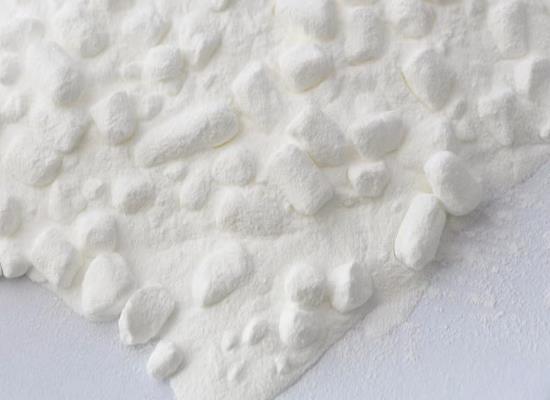 |
Polyacrylonitrile is a versatile polymer known for its exceptional properties, such as high temperature resistance and superior tensile strength. This makes it an ideal material for applications in environmental remediation and wastewater treatment. It is commonly used in producing ion exchange resins and chelating resins for selective extraction of heavy metals. Additionally, polyacrylonitrile is utilized in developing adsorbents for radioactive waste management, showcasing its crucial role in advanced materials and efficient pollutant removal technologies.

Figure 1. Polyacrylonitrile
Polyacrylonitrile is a versatile polymer with high temperature resistance, superior tensile strength, and environmental compatibility. It is widely used in fabric production, ion exchange resins, and various adsorbents. Its multipurpose nature allows for the production of ultrafiltration membranes, hydrogels, and carbon fibers. Polyacrylonitrile plays a significant role in advanced materials and efficient pollutant removal technologies.
Polyacrylonitrile is a prominent material in the production of ion exchange resins, essential for water treatment and environmental remediation. Its insolubility in water and organic solvents makes it an effective solid medium for ion exchange. Different types of ion exchange resins, including cation and anion exchangers, can be created from polyacrylonitrile for specific applications in ion removal.
Polyacrylonitrile is transformed into chelating resins to target heavy metals in wastewater. These resins exhibit strong complexation capabilities, especially for metals like copper and cobalt. Techniques like redox polymerization are used to create specialized polyacrylonitrile-based materials for specific ion-selective applications, improving efficiency in extracting harmful ions from industrial effluents.
Polyacrylonitrile is used in synthesizing adsorbents for radioactive waste management and heavy metal ion removal. By adjusting synthesis conditions, such as drying temperatures, the ion exchange capacities of polyacrylonitrile composites can be optimized. This makes polyacrylonitrile a versatile material in developing advanced technologies for ion exchange and environmental cleanup.
1. Chernikova EV, Osipova NI, Plutalova AV, Toms RV, Gervald AY, Prokopov NI, Kulichikhin VG. Melt-Spinnable Polyacrylonitrile-An Alternative Carbon Fiber Precursor. Polymers (Basel). 2022 Nov 30; 14(23): 5222.
2. Gupta A, Sharma V, Mishra PK, Ekielski A. A Review on Polyacrylonitrile as an Effective and Economic Constituent of Adsorbents for Wastewater Treatment. Molecules. 2022 Dec 8; 27(24): 8689.
 |